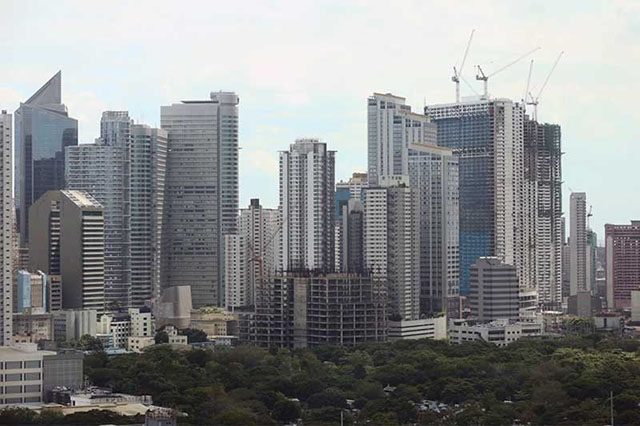Large and small-to-medium enterprises in the Philippines are seeking to improve their customer services and digitalization for post-pandemic success, according to a study.
A regional study titled “Digital, resilient, and experience-driven: How enterprises in Southeast Asia can prepare for the new economy” revealed the main strategies of enterprises in Southeast Asia to prepare for post-pandemic days.
This was conducted by SAP in partnership with Oxford Economics. It covered 600 senior executives, including 400 from SMEs with less than $500 million in revenue across Singapore, Malaysia, Thailand, Vietnam, Indonesia, and the Philippines.
The results showed that in the Philippines, the top strategic priorities of businesses over the next three years are improving customer experience (53%), employee experience (42%), and attracting new customers (36%).
In relation to customer experience, two-thirds or 42% of enterprises view service excellence as their primary source of importance and distinction from their respective industries.
This is followed by product excellence (18%) and innovation (9%) with their products and services.
Data from the study further showed that the businesses have started three steps to achieve growth in their organization.
These are soliciting and acting on the customer feedback (94%), started improving customer data analytics (85%), and investing in user-friendly digital experiences (75%).
The rest of the countries rendered similar results. Overall, 35% said service excellence is now their primary source of value and differentiation.
Key factors in customer experiences they foremost consider are “personalization for the customer (59%), providing high-quality products and/or services (55%), ensuring data protection and privacy (53%) and offering competitive pricing (51%).”
Verena Siow, president and managing director, SAP South East Asia, shared that businesses in the region have learned how to overcome the impact of the coronavirus pandemic.
“Having gotten a foothold on the pandemic’s disruption, businesses across Southeast Asia are at a crucial transformative point to achieve long-term competitive growth,” Siow said.
“Regardless of industry, businesses must embrace true business transformation into intelligent enterprises while keeping in mind that customers are the lifeline to survival and sustainable growth,” she added.
Still reeling from the impact of the COVID-19 pandemic disruption, these businesses cited several challenges they still needed to go through to be more competitive moving forward.
These are:
- Difficulty competing with larger organizations (50%)
- Lack of technology for analytics (43%)
- Lack of capable and motivated workforce (40%)
- Lack of adequate data (38%)
- Difficulty scaling for growth (33%)
“In an ever-increasing digital economy, the enterprises that thrive are those that adapt the quickest. There is a strong need to shift mindsets while constantly seeking new ways of working and redesigning processes. It is only by doing so that businesses can find a way that works best and stay ahead of the competition,” Siow said.
Unlike its neighbors in the region, the Philippines was left behind and continues to struggle with thousands of additional infections per day.
The National Capital Region, where the majority of the business districts are located, is still placed under the modified enhanced community quarantine until April 30.
Surrounding provinces Bulacan, Rizal, Cavite and Laguna are also under the MECQ.










